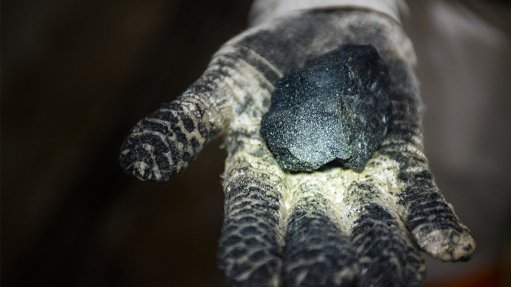
PLATINUM A PRIORITY The role that platinum group metals have in the development of a green economy will be discussed by Minerals Council South Africa modernisation and safety senior executive Sietse van der Woude at this years Investing in African Mining Indaba
A discussion on platinum group metal (PGM) miners and the role of these resources in hydrogen technology will be presented at this year’s Investing in African Mining Indaba.
As a panellist involved in this discussion, Minerals Council South Africa modernisation and safety senior executive Sietse van der Woude will unpack some of the topics the South African mining sector must address to align towards, adopt and sustainably implement a successful, growing hydrogen economy.
The adoption of PGMs in a growing hydrogen economy requires improved research and development initiatives, with advances in technology addressing thrifting, or the substitution, of iridium.
Van der Woude adds that further topics scheduled for discussion include mitigating the security of supply concerns, as well as the reduction in overall hydrogen technology costs.
“Projections for 2023 indicated that minimal adoption of the hydrogen economy can still have a marked impact on PGMs demand,” he states.
The amount of platinum used in the production of hydrogen in 2020 was 35 000 oz and is expected to increase to 3.5-million ounces by 2040, representing 35% of 2040’s proposed demand, Van der Woude tells Mining Weekly.
Additionally, he points out that no palladium was used in the production of hydrogen until 2020, but that PGM minerals are expected to start being used in hydrogen production, increasing to 232 000 oz of consumption, by 2040 – representing 3% of 2040’s predicted demand.
Only two countries in Africa have meaningful deposits of platinum, South Africa and Zimbabwe, notes Van der Woude, who emphasises that industry role-players must consider potential challenges that could hamper local producers’ ability and capacity to respond to an increased demand for platinum.
“Issues that hamper PGMs production are also those that all miners in South Africa face, including electricity supply shortages, the crime and corruption cabals, deteriorating freight networks, policy uncertainty, and onerous procurement and empowerment requirements.”
Van der Woude says South Africa is among the early implementers of the hydrogen economy concept in Africa and, with the right policies and implementation strategies, it can be a global leader in hydrogen technologies – from mobility to stationary applications.
“Already, the country – through companies such as fuel cell manufacturer Chung-Hsin Electric and Machinery Manufacturing, referred to as CHEM Energy – is producing and exporting fuel cells designed and manufactured for mobility and stationary purposes.”
However, for South Africa to adequately maintain supply to the global market, Van der Woude advises that the PGMs industry explore new applications of PGMs.